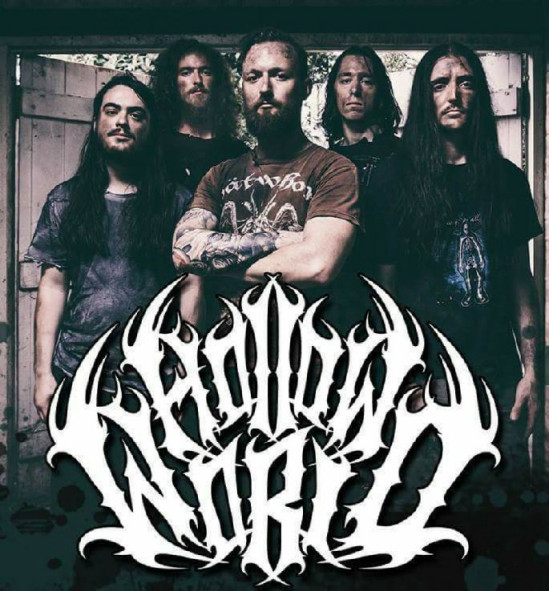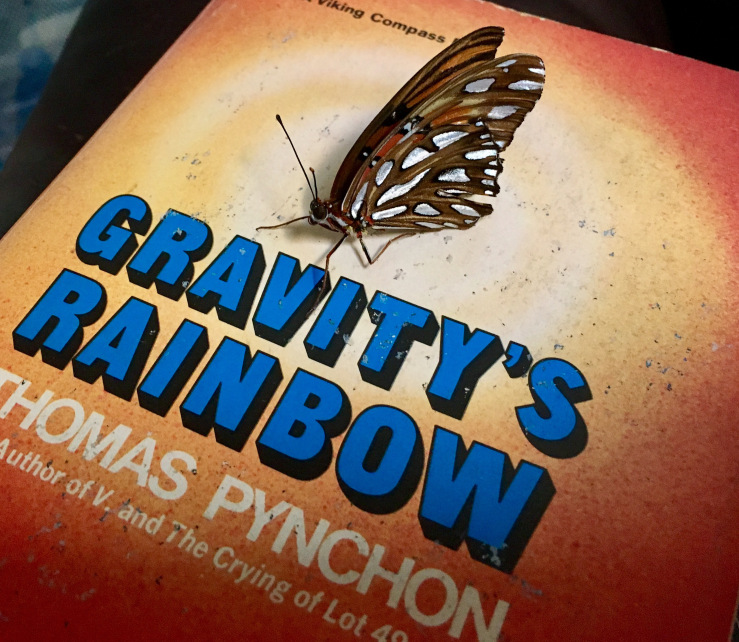
I see a lot of theatre now. Which means I read a lot of press reviews. Which is about the only time I ever step out of my Guardian reading, liberal, metropolitan elite cocoon. And that means reading reviews in the Daily Telegraph (because they often offer insight) and, when I just can’t resist it and assuming no-one is looking, the Daily Mail and Daily Express. (Why are all the hate rags called Daily – is it to remind staff and readers of the material fact of diurnality – if I were them I would be very wary of such scientific consensus).
Now I wagered to myself that in the satirical play about the rise of Hitler in 1930’s Germany (I know there is more to it but we will get to that once I have had my rant) by the Marxist playwright and guiding light of Epic Theatre, and proponent of Verfremdungseffekt, the still astounding Bertolt Brecht, that we might get some references to a certain orange POTUS. And that we might get a hint of a political message maybe even delivered direct to audience. And maybe God forbid a bit of audience interaction.
And I wagered further to myself when the Donmar announced this (with Bruce Norris as the adaptor – a man unlikely to be a scripting a Midsomer Murders episode any time soon), that the right wing rags wouldn’t be able to lay off with hysterical “beware of lefty creatives shoe-horning in references to poor defenceless Donnie” and “why oh why do these creatives have to distract us from the sacred text by involving the audience”. And I hoped it would be properly potty-mouthed as that still seems to get these people in a lather.
Well they, the rags, didn’t disappoint, and actually more of them than just the usual suspects. They really are a humourless bunch. It’s Brecht. We, the audience, are supposed to be bashed over the head with the message, both the direct historical satire and the generality of the warning. And we might find it funny. As we did. Whilst we have a good time. As we did.
Or maybe the DM and its ilk would be happier with a hot line straight to the Supreme Leader so they could denounce any of this degenerate stuff before it took root. Or maybe we should have some-one appointed to check this is all OK for us to see. Y’know just to be sure. I mean no-one wants faceless, unelected bureaucrats telling us what to do. But at least this would mean we could take back control and give the majority the strong and stable theatre that they crave. I mean right now, if you walk the streets of the West End, it is awash with subversive, pinko musicals and you risk some actorly type of indeterminate gender or, worse still, an American film actor, dragging you in to the theatre for a sing-song.
It was all so much better in the 1950s eh, Empire, no dusky types and the Lord Chancellor could help these luvvies see the error of their ways before they they could put on their so-called entertainments and thereby brainwash 27 of their Hampstead dwelling friends and colleagues (on a good night). Or better still back to the 1930’s eh, when any play critical of our Nazi friends could be refused a license. You know when the Daily Mail was firmly on the side of the righteous.
For the avoidance of doubt I am taking the p*ss here as I know that some of the silent majority that live in perpetual fear of us liberal, foreign-looking types may have a slim grasp of irony. Still you know what I mean. Or have I been too crude. Like Brecht and the key protagonists here, adaptor Bruce Norris, and director Simon Evans.
Anyway the play’s the thing. And in this case it was, by and large, a very enjoyable, energetic and thought-provoking thing. As I understand it Brecht was keen to create drama out of his gangster story as well as use the Verfremdungseffekt distancing effects to ram home the satire. I think that such drama did shine through with maybe just a little easing of the pace through scenes 11, 12 and 13, the murders of Roma and Dullfeet and I still think the Shakespearean references Brecht uses to augment the epic are sometimes more distracting than illuminating. I would also strongly recommend a bit of boning up on the rise of Hitler beforehand. The programme does an excellent summary of the events that each of the 15 scenes are satirising.
With the Donmar space done up at the outset to evoke a 1930s Chicago speak-easy, with the audience ranged around, a boisterous cast chatting to audience on entry, a wide variety of musical interjections, a narrator (with the obligatory swinging microphone) tasked with delivering a running commentary laced Marxist economic analysis and the coercion of audience members (who might now envy us up in the cheap seats), we also got the required “stepping away” from the story so that we could again examine how and why history takes this course, then, now, and, no doubt, in future.
All involved are to be congratulated notably Mr Evans and, especially for me, Mr Norris. Of his plays, I have only seen Clybourne Park, which I thoroughly enjoyed, (and I have never seen the play that provoked it, A Raisin in the Sun by Lorraine Hansberry, which I dearly wish to put right), back I hope more of them cross the pond. Of the cast my particular favourites were Giles Terera as a vicious Ernesto Roma and Lucy Ellinson as a hyper Emanuele Giri.
Oh and some bloke called Sir Lenny Henry. When you are very close to the top of the “National Treasure” pile you can do what you like, when you like, and I guess how you like. This is not naturalistic theatre but there were a couple of times when Sir Len’s AU had the whole place sh*tting itself at his barely controlled aggression. I tell you it was a relief when cuddly Sir Len ambled back on at the curtain call. Amidst all the comedy stuff his portrayal personified a damaged narcissist who pushes at boundaries, ostensibly manipulated by those who think they “control” him, and finds too few, through omission or commission, are prepared to resist. And that’s why the heavy handed contemporary parallels are not to be carped at but embraced in my book. Subtlety and allusion have their theatrical place but so does praxis.
They are amazingly a handful of tickets left. Nab one and see where, and if, you stand.
Share this:




